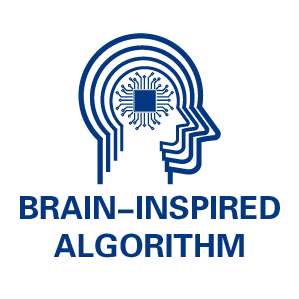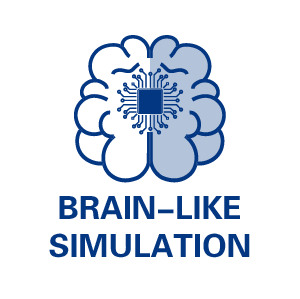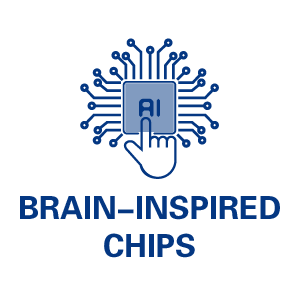Introduction

Research Unit






Research Crew



Haining Zhang

Research team member |
Laboratory Secretary

Xinhe Zhang

Research team member | Engineer
Brain-like simulation
Smart healthcare

Yue Sun

Research team member | Postdoc
Embedding Biological and Physical Knowledge into Brain-inspired Computing

Liyuan Han

Research team member | Postdoc
multimodal brain-computer integrative intelligence

Yun Yang

Research team member | Engineer
Brain-inspired algorithm

Yu Song

Research team member | Engineer
Brain-inspired chips

Erjun Xiao

Research team member | Engineer
Smart healthcare

Qizhi Yang

PhD candidate
multimodal brain-computer integrative intelligence

Tianyu Zheng

PhD candidate
multimodal brain-computer integrative intelligence

Yansong Wang

PhD candidate
multimodal brain-computer integrative intelligence

Boshi Zhao

Visiting researcher | Graduate student
Brain-inspired chips

Jinyan Yu

Graduate student
Brain-inspired chips

Yongjian Wang

Graduate student
Brain-inspired chips

Shuxin Zeng

Graduate student
Embedding Biological and Physical Knowledge into Brain-inspired Computing

Zhenyu Yang

Graduate student
Smart healthcare

Jian Zhang

Graduate student
Brain-like simulation

Ziqiang Ye

Visiting researcher | Graduate student
Brain-like simulation

Xinrui Yang

Graduate student
multimodal brain-computer integrative intelligence

Tengyu Zhang

Visiting researcher | Graduate student
Brain-like simulation
